- News
-
-
-
-
-
Latest News Articles
- WSB: Study tests accuracy of thermal drone surveys April 26, 2024
- Computer model explores Tribal use of fire for ecosystem health April 26, 2024
- 2024 TWS Elections: Southwest Representative April 25, 2024
-
-
-
- Wildlife Professional Resources
-
- Our Network
-
- PUBLICATIONS
-
-
Recent Posts
-
 The Wildlife Professional November/December Issue
November 1, 2023
The Wildlife Professional November/December Issue
November 1, 2023
-
-
-
-
-
-
- Wildlife Events
-
-
-
Upcoming Webinars
- No Events
-
-
-
- Who We Are
-
Category: TWS Wildlife News
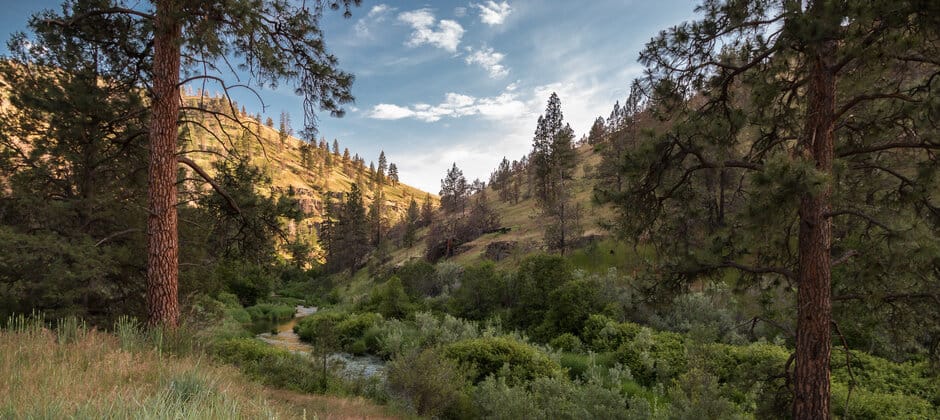
September 11, 2020
TWS comments on proposed habitat definition
The proposed definitions of habitat recently offered by the U.S. Fish and Wildlife Service and National Marine Fisheries Service are “too narrow and lacking appropriate consideration of the diverse ecological...
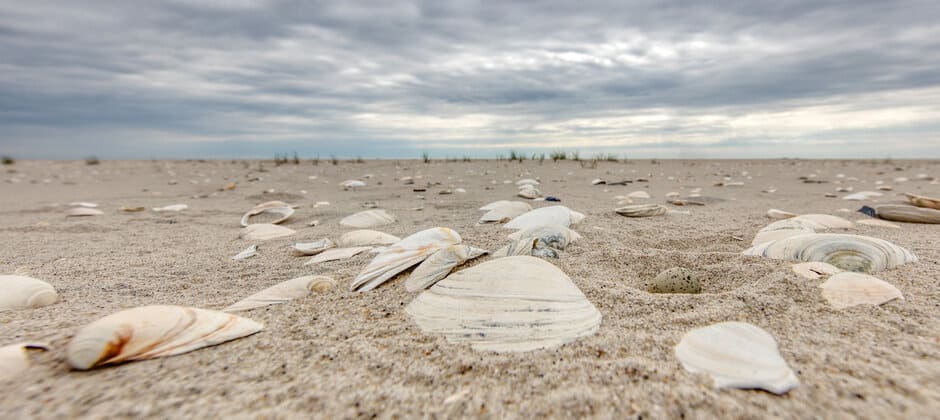
September 11, 2020
JWM: Red foxes exploit dunes to find plover nests
Some New Jersey coastal towns are characterized by long, linear beaches with narrow dune systems that provide habitat for piping plovers and other wildlife. But researchers say red foxes are...
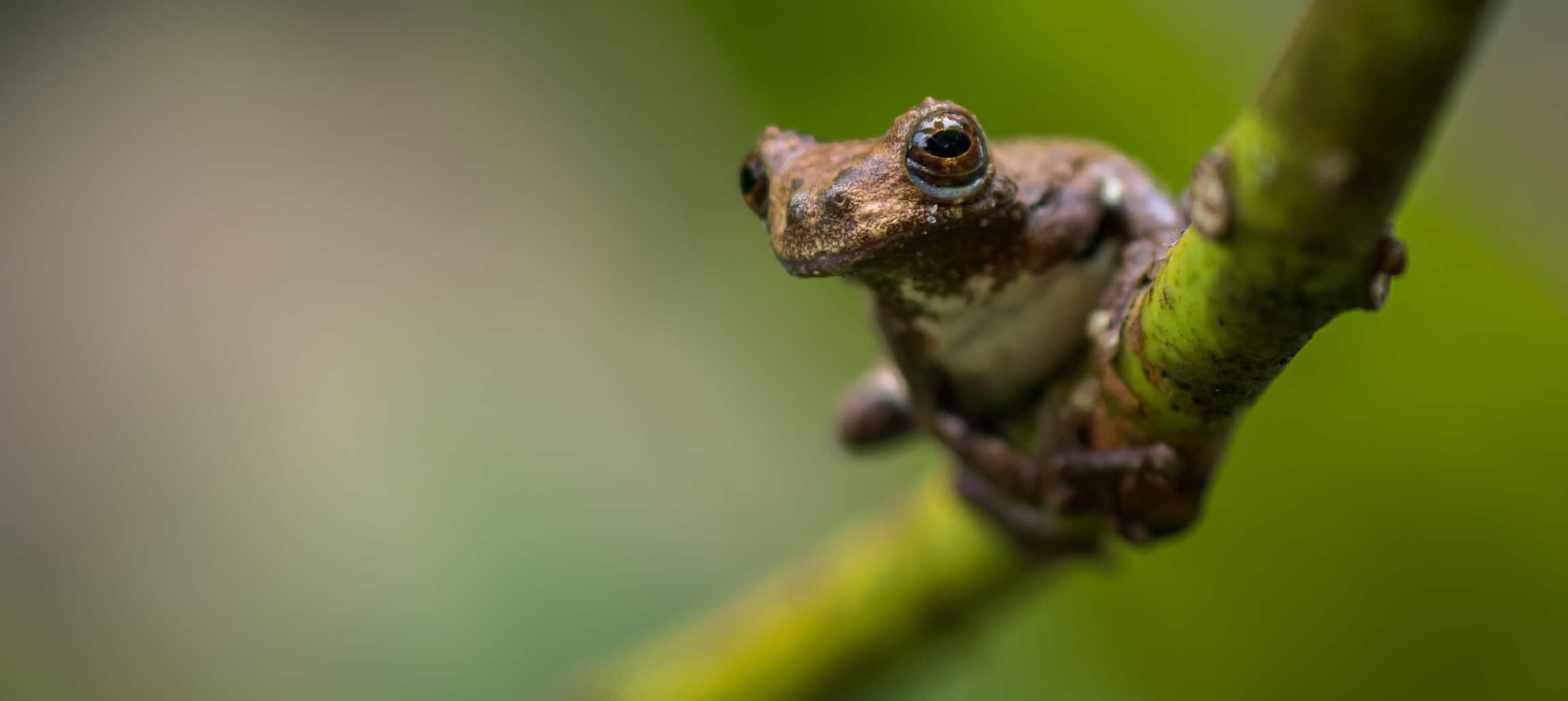
September 10, 2020
Fossil information can help inform future conservation
By looking at past ecosystem scenarios or paleo-archives, researchers are learning more about how wildlife may react to future climate change scenarios. These records of past landscapes and climate —...
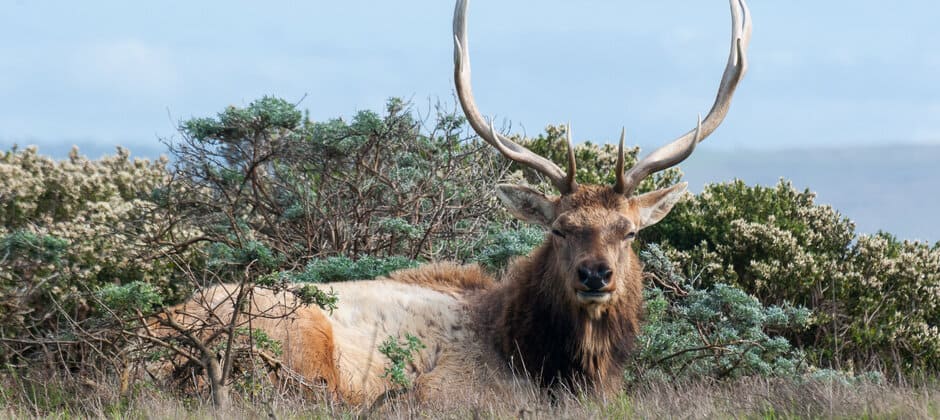
September 10, 2020
Conservation groups call for fence removal at Point Reyes
Fences in place for ranching operations are blocking tule elk from accessing water sources during a drought, the Center for Biological Diversity and Harvard Law School Animal Law & Policy...
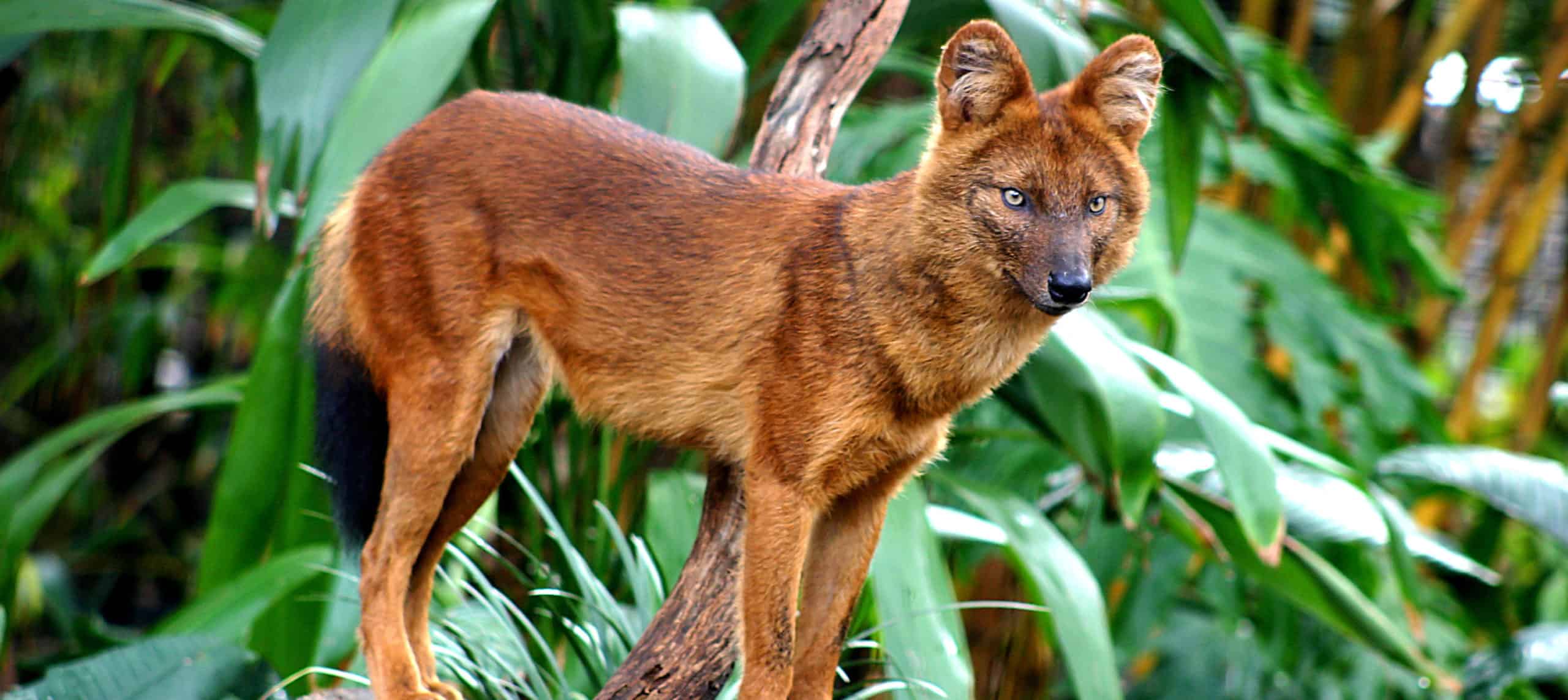
September 10, 2020
Wild Cam: Asian wild dogs’ diet may aid their conservation
TWS member Jan Kamler has been hot on the trail of the packs of dholes he’s been studying for years in Southeast Asia. Sometimes trekking for months through the rainforests...
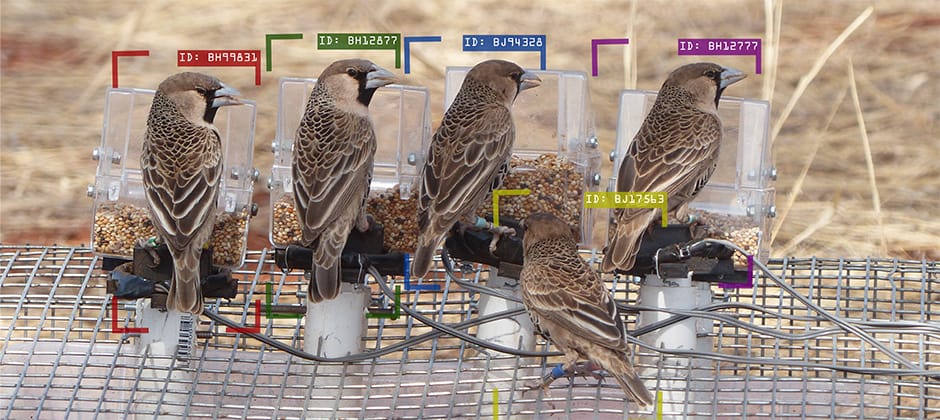
September 9, 2020
Artificial intelligence can identify individual birds
Studying sociable weaver birds in South Africa, André Ferreira found himself bogged down by how tedious and time consuming it was. The species gathers in colonies, where the birds work...
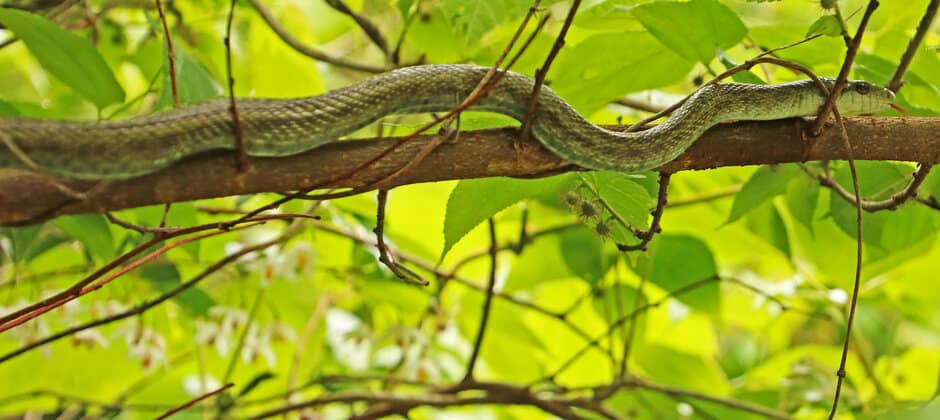
September 9, 2020
Fukushima’s radioactive soil contaminates snakes
The first thing Hannah Gerke noticed in her research area was the lushness. Plants in yards and along roads were overgrown. Animals had clearly gotten into some of the nearby...
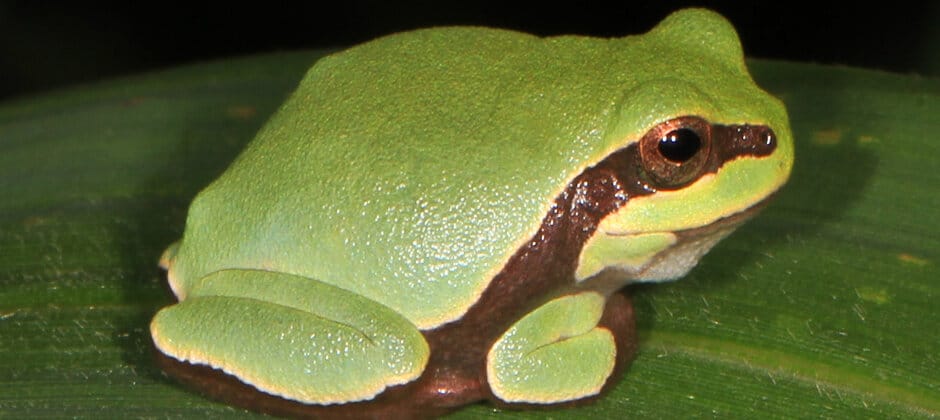
September 8, 2020
Genetics reveal great diversity among treefrog populations
Pine barrens treefrog populations are distinct enough across their range that frogs in different areas may need to be managed as separate populations. “There don’t seem to be any individuals...
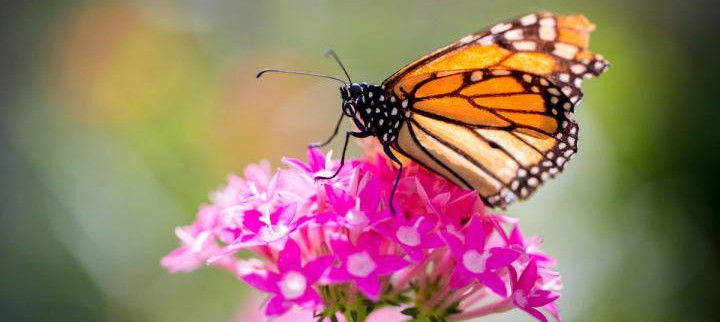
September 4, 2020
Milkweed, not migration, is behind monarch loss, study says
Butterfly researchers agree that the disappearance of milkweed in North America has harmed monarch butterflies. Monarchs rely on the plant as a host for their caterpillars. But while some scientists...
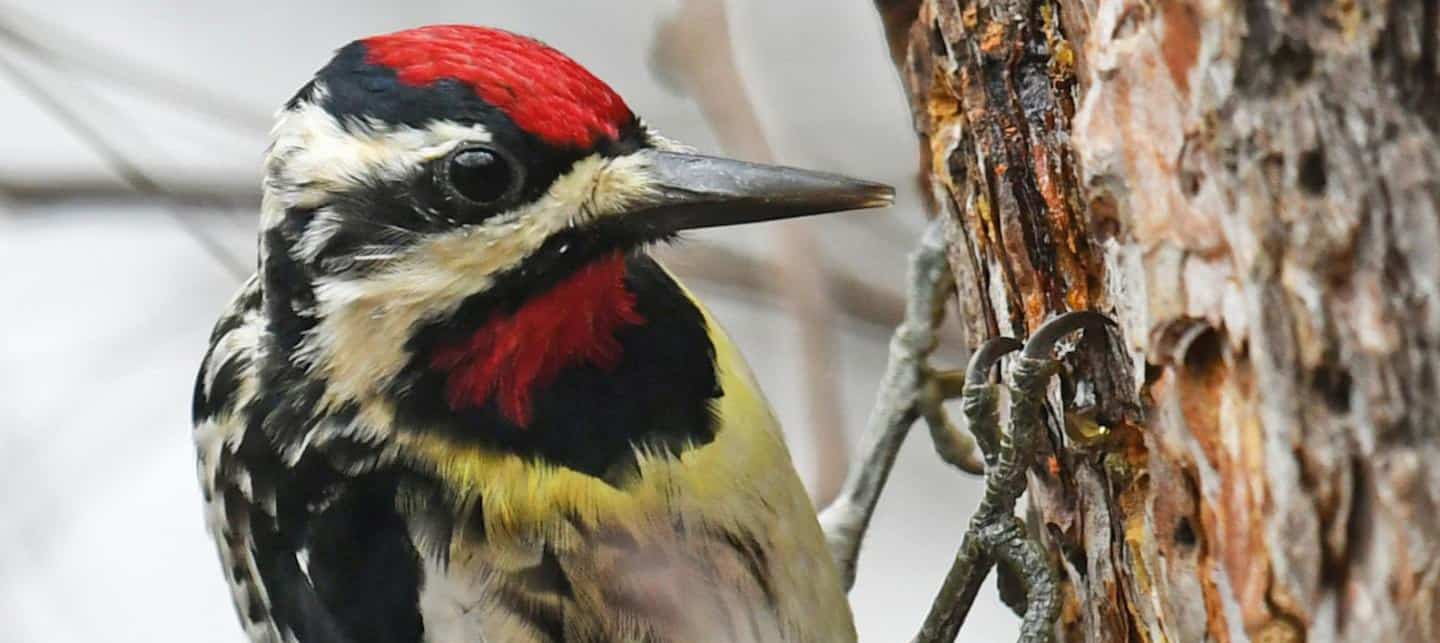
September 4, 2020
Bird numbers change with the weather
Climate change — and the frequent and intense extreme weather it can bring — influences some birds differently than others. In a study published in Global Change Biology, researchers tapped...

